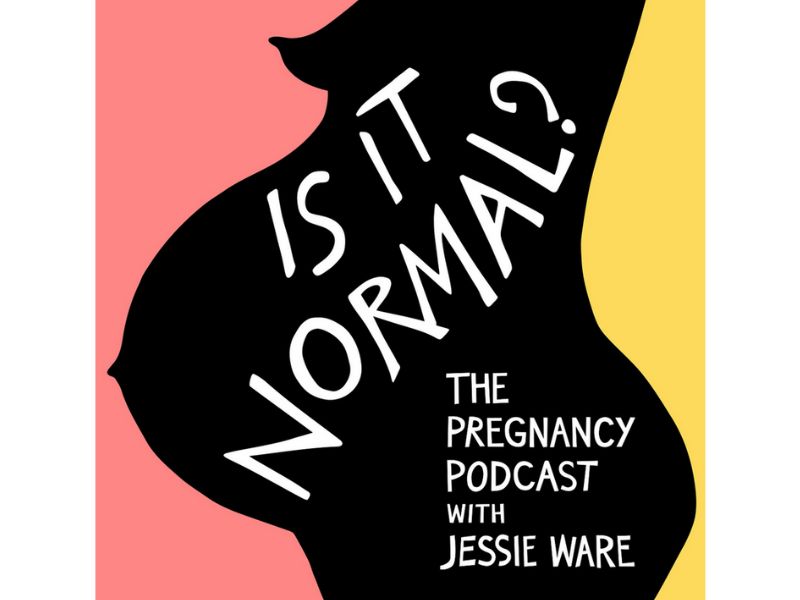Employers are urged to implement workplace adjustments, such as providing quiet spaces and fans, to accommodate menopausal women, as failure to do so could lead to legal consequences, according to new guidance from the Equality and Human Rights Commission (EHRC).
The EHRC’s guidance clarifies employers’ legal obligations towards menopausal women and emphasizes the importance of adapting policies and practices accordingly. Suggestions include considering room temperature, and ventilation, and providing rest areas or quiet rooms for women experiencing hot flushes.
Flexible working arrangements, including remote work options and adjusted start and finish times, are recommended to accommodate women who may experience disrupted sleep or heightened symptoms on warmer days. Relaxing uniform policies and allowing cooler clothing options, along with providing fans, are also suggested measures to support menopausal women in the workplace.
Research cited by the EHRC highlights the significant impact of menopausal symptoms on women’s employment, with one in ten women leaving their jobs due to these symptoms and two-thirds reporting a negative impact on their work performance.
The NHS defines menopause as typically affecting women between the ages of 45 and 55, though it can occur earlier, with symptoms ranging from physical to psychological, including anxiety, mood swings, and hot flushes.
Failure to implement reasonable adjustments could leave employers liable for disability discrimination under the Equality Act 2010, particularly if symptoms substantially affect an individual’s ability to carry out their daily activities, the EHRC warns. Disciplinary action related to menopause-related absences or using derogatory language towards affected individuals could also constitute unlawful discrimination or harassment.
Uniform policies that disadvantage women experiencing menopausal symptoms may also constitute indirect discrimination based on sex, age, or disability, according to EHRC guidance.
Government minister Mims Davies underscores the importance of the guidance in advancing women’s inclusion in the workforce and fostering economic growth, particularly for women over 50, who represent the fastest-growing segment of the workforce.
EHRC chairwoman Baroness Kishwer Falkner expresses hope that the guidance will contribute to fair treatment and supportive environments for all women experiencing menopause in the workplace.
Read the EHRC guidance here in full.
If you would like further support and advice on menopause, check out our dedicated menopause section here.









